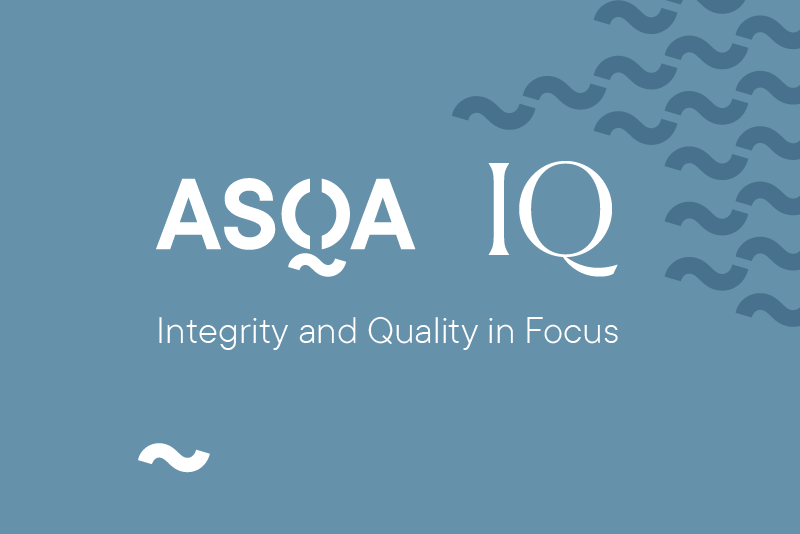Minister for Finance, Minister for Women, Minister for the Public Service
MICHAEL ROWLAND, HOST: The Prime Minister Anthony Albanese yesterday described gendered violence in Australia as a national crisis at the rally in Canberra. The Finance Minister and Minister for Women, Katy Gallagher, was at that same rally. She joins us now from Parliament House. Katy Gallagher, good morning to you, what did you take away from the Canberra rally?
SENATOR THE HON KATY GALLAGHER, MINISTER FOR WOMEN: Good morning, Michael. I think it’s very similar to what we were seeing around the country. There was thousands of people, angry and upset that this – you know, the extent of violence going on towards women in our country. So, there was a fair few men at ours as well, a good size of men who were there. Young men. I spoke to a few of them who were very concerned about how women are treated and sort of some of the toxic masculinity they see around as young men. And so yeah, I guess a very strong community sentiment of enough is enough, everyone’s over it and we have to work out better ways and more ways to protect women and to make sure that we can end this epidemic of violence against women in this country.
ROWLAND: Enough is certainly enough and I certainly sense the palpable anger amongst women, in particular at the rally in Melbourne yesterday. The Prime Minister speaking to the crowd in Canberra yesterday conceded all governments including yours need to do better. What does your government need to do better on this front?
GALLAGHER: Well Michael, I don’t think there’s any shortage of resources and commitment going into this. When we launched the National Plan just over two years ago, there wasn’t a lot of interest in it outside of the sector. And so we’ve got this ten year plan that’s two years in, and we’re – all the governments and the Commonwealth and States and Territories – are all working to implement that plan. But I think we always need to look at whether things are working, whether we need to shift focus or look at new ways, particularly in the area of prevention, about how we provide support and services. So I think from our point of view, we have an open mind. We understand that people are wanting to see change happen faster than it’s been. And I think we all feel that. But we’ve also got to acknowledge that this is a very deeply embedded cultural problem in our community and it isn’t one that one government or eight governments can solve, it’s a whole of community problem.
ROWLAND: Changing cultural practices will take, as you say, quite a while. But you talked about governments potentially shifting focus – aren’t the events of the last four months or so, Katy Gallagher, enough to encourage, force governments almost, including yours, to change focus and focus more on, as you say, prevention?
GALLAGHER: Well, the reality is we have to do all of it. I mean, the National Plan covers everything from early intervention and prevention techniques all the way through to how the justice system responds. But I think what we’re – you know, we need to be making it clear that what we’re learning, what we’ve seen in the last ten years in terms of our response, is that working? Is that the best way to provide support? Are there other ways? And I think that’s you know up to I guess the National Cabinet on Wednesday, which is going to have this urgent meeting, should be able to have those conversations. And I know there’s a lot of people – there’s no shortage of reports and recommendations and ideas in this space, I mean, there’s so many good people that have been working on this problem for decades. So, it really is about how we can all work together and show the leadership but also accept that we need everyone to play a part. Because if government could solve this problem, it would have been solved. But we have to do a lot more to make sure that we are making the change that needs to happen and some of that will take time, in terms of changing attitudes and working through you know with younger generations. But I got the sense, I’m sure you did at the weekend, people want to see change happen now.
ROWLAND: What about, and one thing you can change now, in fact everyone can do it, is changing the way we describe what’s going on from violence against women to simply describing it as an epidemic of male violence.
GALLAGHER: Well, I mean people will use that language and have used that language. I mean, that’s not new. I certainly think the focus on the responsibility of men over the past months has been really welcomed, because I think and I said this last week, for too long this has been seen as a problem for women, for which women have to solve. And the reality is that we can’t do that. That’s been really how the service system has grown, has been women’s services, women’s advocacy. But more and more we’re seeing men step up and as I said, I want to see more men get into that discussion because you know, it’s a very powerful tool to speak to each other about what’s going on, what’s acceptable, how do you deal with that sexist language when you hear it, how do we bring up our boys, what’s the environment that they are brought up in, all of those things have to be on the table.
ROWLAND: Just on another issue before you go. We had the ACTU boss Sally McManus here in the studio half an hour ago talking about the union movement’s push for a nine per cent interim pay rise for workers in feminised industries including child care, education, support. Would the government back that?
GALLAGHER: Well, there’s a couple of cases before the Fair Work Commission now. Obviously, with aged care workers, which is one of the most feminised industries, they have had wage increases paid, supported by the government, funded by the government way in excess of nine per cent. There are some cases with the early childhood educators in the Fair Work Commission at the moment. We’re certainly committed to making sure they get a better pay deal. We’ll wait for those matters to finish. But yes, and this is linked, Michael, to the treatment of women in our community. So going back to that first conversation, is one of the issues is the lower value, lower pay and lower respect that some of the industries that women have worked in, the feminised industries, have been seeing. And we are absolutely committed to changing that. Women’s economic empowerment is a real driver of our agenda because we recognise that a lot of the issues that women face can be improved if they have economic security and part of that is getting better pay for the work they do.
ROWLAND: We’ll see how that plays out. Katy Gallagher, appreciate your time this morning. Thank you.
GALLAGHER: Thank you, Michael.








